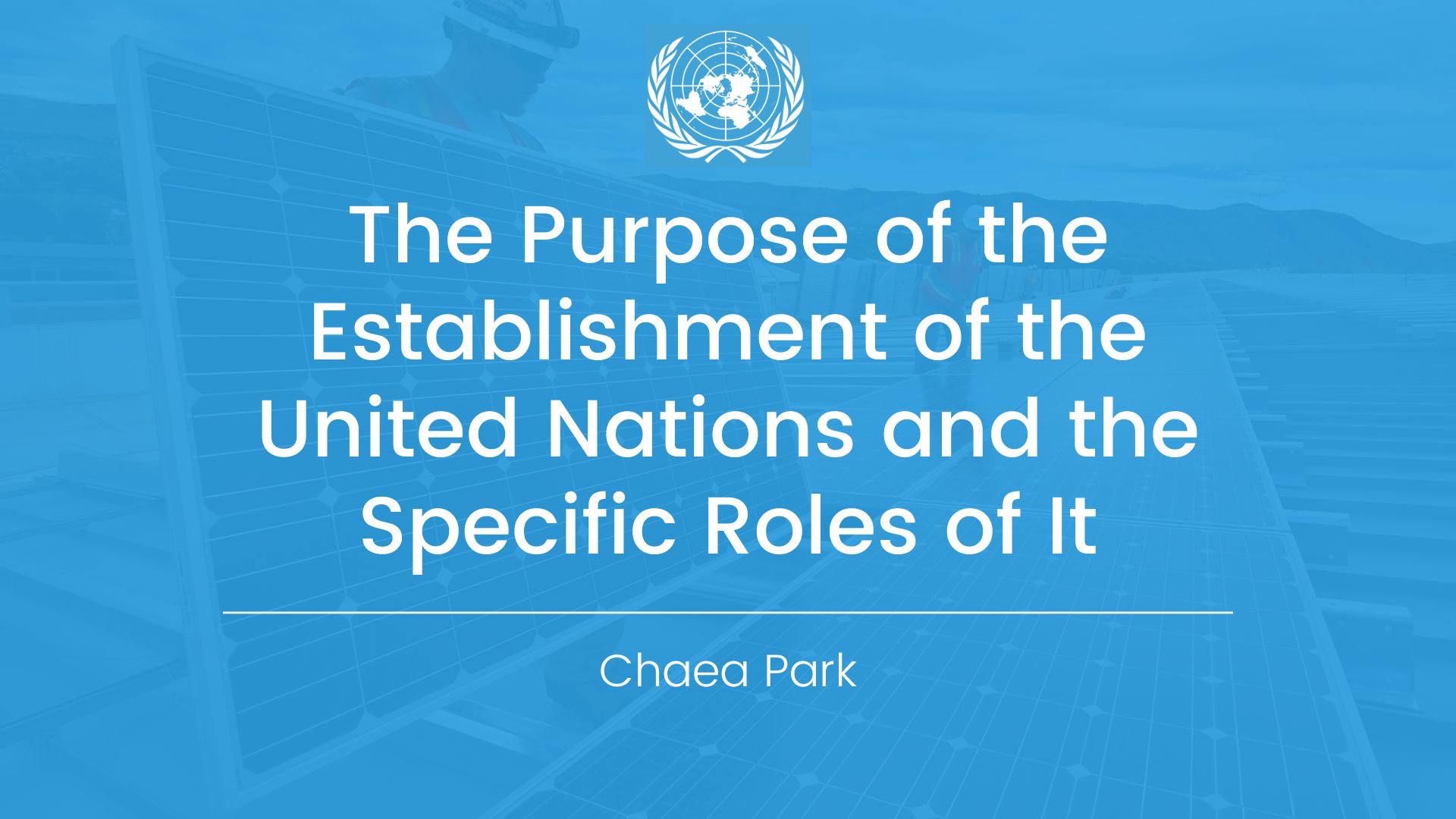On June 26, 1945, after joining the United Nations Charter, the United Nations (UN) was established in New York, United States, on October 24 of the same year. As of January 2021, a total of 193 countries have joined.
The UN is the largest international organization in human history established with the aim of promoting international cooperation and maintaining world peace.
Its fundamental founding background lies in eradicating inhumane events like World War II and maintaining global peace.
Currently, the UN possesses expertise in various fields besides international peacekeeping. Additionally, numerous UN specialized agencies have been established, and many non-governmental organizations cooperate with the UN.
Overall, the roles of the UN can be broadly classified into five categories.
The first role of the UN is international peacekeeping. Indeed, the UN maintains a peacekeeping force, and the Security Council creates resolutions on specific international security issues.
These resolutions may include sending UN peacekeeping forces to specific countries or imposing economic sanctions.
Primarily aimed at “peacekeeping,” UN peacekeeping forces act as mediators or negotiators rather than participating in wars.
In the case of economic sanctions, they are maintained to compel the affected country to comply with the demands of the international community.
Additionally, the International Court of Justice (ICJ) is established to arbitrate disputes between countries.
The second role of the UN is humanitarian assistance and human rights protection. The human rights advocated by the UN extend beyond the “basic rights to live as a human being” related to human dignity to encompass comprehensive areas such as gender equality and labor rights.
For instance, the UN collaborates with the International Labour Organization (ILO) to undertake international activities for the protection of workers’ rights.
The third role of the UN is to manage the global population and food. Currently, the world’s population is approximately 7.5 billion, and the UN monitors how to efficiently distribute and manage resources for this population.
It also supplies food to developing countries experiencing food shortages and anticipates and prepares for future food shortages.
The fourth role of the UN is support for economic development, trade, and investment promotion. Through the United Nations Development Programme (UNDP), the UN aids in the economic growth of needy countries via international aid.
It also dispatches international economic advisory groups to transfer industrial know-how. Major economic international organizations under the UN include the International Monetary Fund (IMF) and the World Trade Organization (WTO).
The fifth role of the UN is the preservation of cultural heritage and environmental protection.
The UN designates and manages world cultural heritage sites through UNESCO. It manages various forms of cultural heritage, including intellectual, educational, and social heritage with research value.
Additionally, through the International Union for Conservation of Nature (IUCN), the UN conducts activities for environmental conservation.
In this way, the UN was established to aim at maintaining world peace and order in various fields such as society, politics, economy, and culture.
As globalization spreads rapidly and its importance is emphasized, it is expected that the UN will play an even greater role in the future.

